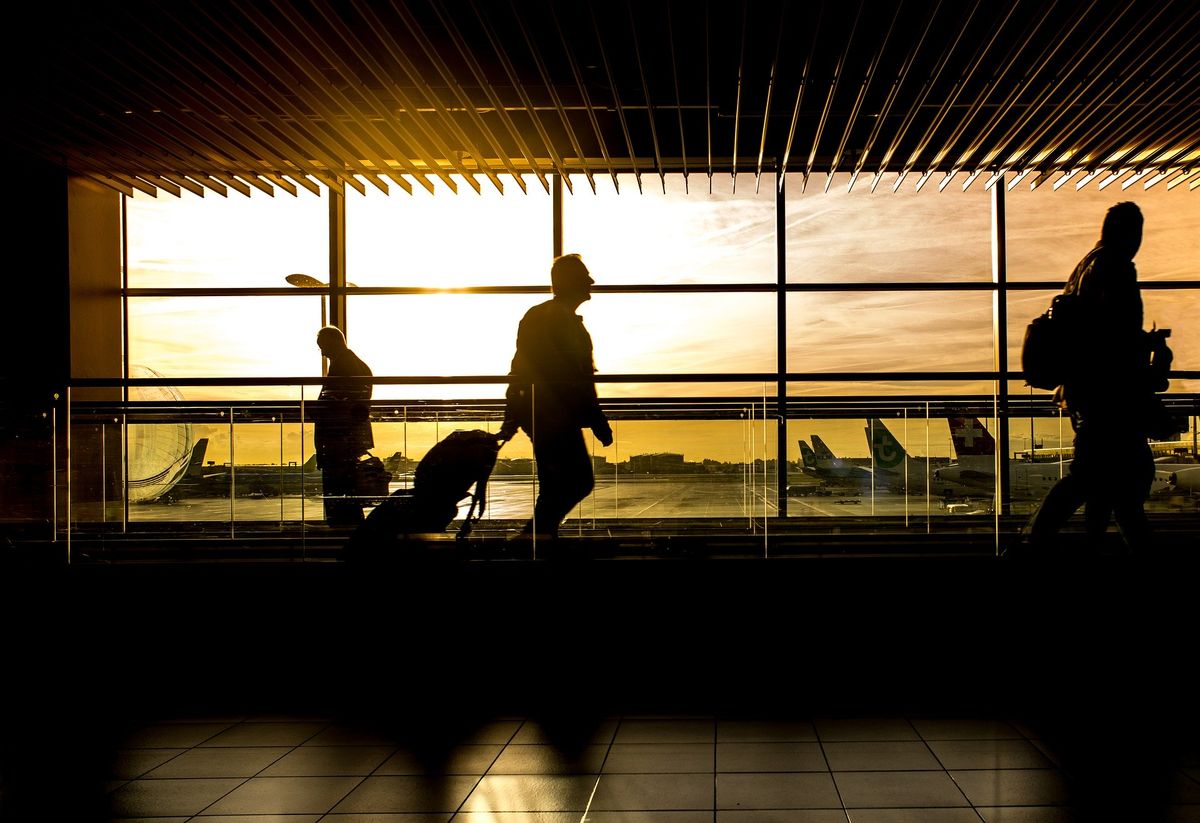Two in five global travel managers expect to face tighter travel budgets this year amid ongoing pressure to cut costs, according to new research from SAP Concur.
The cost of travel disruption is another concern for respondents of the latest SAP Concur Global Business Travel Survey released on Thursday (20 June), which included 3,750 business travellers in 24 markets as well as 600 travel managers – defined as those who direct or administer corporate travel programmes – across Germany, the UK, US, Canada, Japan, Australia and New Zealand.
More than a third of business travellers (36 per cent) said they have incurred additional expenses on a trip due to “unexpected travel challenges”, while 80 per cent have been “forced to take unanticipated steps” in the past 12 months because of delays, cancellations or the need to reroute travel.
The survey also revealed that more younger travellers (94 per cent of Gen Z and 90 per of millennials) have been forced to take unanticipated steps due to travel disruption compared to their Gen X and Boomer colleagues (82 per cent and 68 per cent, respectively).
Meanwhile, 42 per cent of travel managers said company directives to cut travel costs will make their job more difficult this year, a move that is also expected to limit the flexibility of travel, according to the study.
“The current economic environment is driving tension among business travellers, travel managers, and company leadership,” said Concur Travel president Charlie Sultan.
“Balance between flexibility and cost is delicate, not to mention pressures from new distribution channels and ongoing geopolitical issues. This year’s report demonstrates the need for a mutual understanding of these realities and compromise in corporate travel programmes.”
Nearly all business travellers surveyed (91 per cent ) said their company has restricted options for blended travel (27 per cent) as well as cut back on comfort-focused requests, such as staying overnight to avoid a long day of travel for a day trip (28 per cent), paying more to get a nonstop flight or direct route (28 per cent), booking business or premium class fares (27 per cent), or allowing the use of taxis or ride-share apps rather than public transportation (27 per cent).
In turn, this has given rise to greater inequality when it comes to business travel opportunities, with 66 per cent of travellers reporting they haven’t had an equal opportunity to take trips when compared to their colleagues. That’s slightly higher than the 62 per cent recorded in 2023.
Reasons behind this included respondents’ level of seniority (19 per cent), age (18 per cent), status as a parent or guardian (14 per cent), where they live (14 per cent), physical appearance (12 per cent), how often they come into the office (12 per cent), gender (11 per cent) and accent (11 per cent).
More LGBTQ+ business travellers also reported they haven’t had equal opportunities to travel because of their physical appearance (20 per cent in 2024 up from 12 per cent in 2023), disability (14 per cent up from 8 per cent in 2023), and sexual orientation (20 per cent an increase on 7 per cent from 2023).

